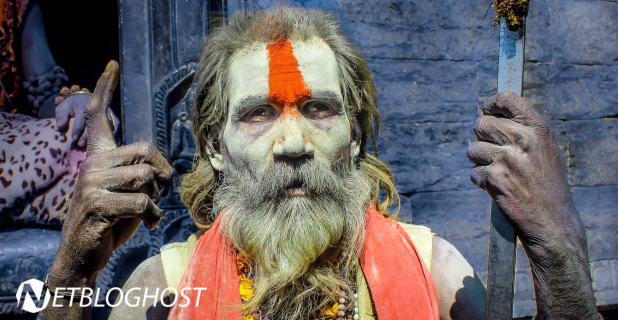“I’m just trying to get clear about the basic issue,” the reporter said. “You say that the basic issue between you and Rob Bell on the one side of the debate and Al Mohler on the other is that you believe that a Hindu can be saved without accepting Christ, and Al Mohler doesn’t. Isn’t that it?”
The answer is no. That is not it. Al Mohler also believes that a Hindu can be saved without accepting Christ. Indeed, that follows from a fundamental and non-negotiable teaching of Al Mohler’s seminary.
When the Southern Baptist Theological Seminary in Louisville was founded in 1858, it prescribed certain “fundamental laws,” summarized in a document entitled the “Abstract of Principles.” This document continues to function as a statement of belief to which all professors at that seminary must subscribe. Here is the fifth principle, under the heading “The Fall of Man”:
God originally created Man in His own image, and free from sin; but, through the temptation of Satan, he transgressed the command of God, and fell from his original holiness and righteousness; whereby his posterity inherit a nature corrupt and wholly opposed to God and His law, are under condemnation, and as soon as they are capable of moral action, become actual transgressors.
This principle sets forth the Baptist idea of an “age of accountability.” All human beings are born sinners, but they are not counted as actual “transgressors” against the will of God until they reach an age where they are considered to be capable of serious moral choice—usually set at age 12. What this means, then, is that no human being who dies before the age of accountability is bound for hell.
I clarified this recently in a conversation with a Southern Baptist theologian. He was not happy with my endorsement of Rob Bell’s book Love Wins, because he contends that Rob Bell wants to let too many people into heaven, even if they have not consciously chosen to accept Christ. I pointed out to him what one of my own standards of biblical orthodoxy teaches, citing the Westminster Confession’s teaching that children who die in infancy are “regenerated and saved by Christ,” as are “all other elect persons who are incapable of being outwardly called by the ministry of the Word”—since God “worketh when, and where, and how he pleaseth.”
Actually, there are still some Presbyterian groups who hold to the original teaching of that Confession, namely, that it is “elect” children, meaning children of believing parents, about whom we can be confident of their salvation if they die in infancy. In the last decades of the 19th century, American Presbyterians (the northern branch) began to debate that issue, and eventually clarified their teaching to say that it is all children who die in infancy who go straight to heaven.
The Baptists had already settled long before that more generous view of salvation. Thus the insistence of the folks at Al Mohler’s seminary that children become accountable for their sinful natures only when “they are capable of moral action, [becoming] actual transgressors.”
So, can a Hindu be saved without accepting Christ in this life? Yes, say the Southern Baptists. This means, of course, that millions of Hindu children who died before the age of twelve (or let’s be sure, and say the age of seven)—along with their Buddhist, Muslim, et al, counterparts—are right now singing praises to Jesus in the courts of heaven.
Let’s be clear, then, on the basic issue. We all believe—at least Al Mohler and I believe—that millions of Hindus will be saved without accepting Christ; we only disagree about how many, and how old they were when they died. Baptist theology says that a Hindu child who dies in infancy is saved because that child is not yet fully accountable. My Reformed theology says that accountability is not the issue—all children are conceived and born in sin and are deserving of the harsh judgment of God. If they make it in, then, it is not because they have some moral advantage over their adult counterparts, but because the Sovereign God of the Scriptures “worketh when, and where, and how he pleaseth.”
Like Al Mohler, Rob Bell is a Baptist. For all I know, his real argument with Al Mohler has to do with different understandings of the “accountability” idea. I don’t know how to settle that argument. The “age of accountability” as it applies to salvation issues is not directly presented in the Bible. It is a theological construct. And it is not my theological construct. Maybe the Baptists should talk to each other directly about this, since they do agree that at least some Hindus can go to heaven without accepting Christ. I’d love to sit in on that argument, as an interested Reformed observer!






























